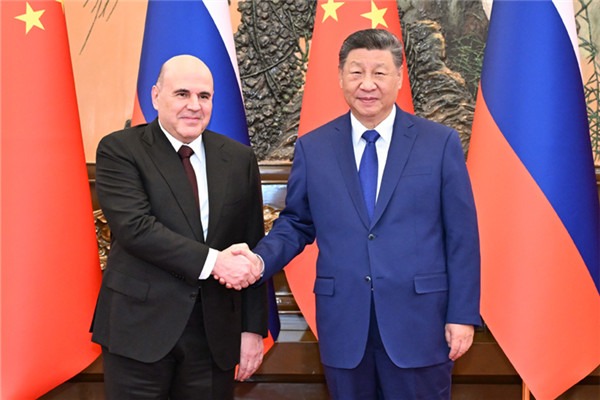HKU scientists invent universal antibody drug for HIV-1 prevention, immunotherapy

HONG KONG - A research team led by scientists of the University of Hong Kong (HKU) announced Thursday the invention of a universal antibody drug against HIV/AIDS that can "kill two birds with one stone."
By engineering a tandem bi-specific broadly neutralizing antibody (bNAb), the team found that this novel antibody drug is universally effective not only against all genetically divergent global HIV-1 strains tested, but also promoting the elimination of latently infected cells in a humanized mouse model, the team announced at a press conference.
The single gene-encoded tandem bNAb titled "BiIA-SG" strategically ambushes invading HIV-1 particles to protect CD4 positive T cells by attaching to host protein CD4. BiIA-SG not only displays a potent activity against all three panels of 124 genetically divergent global HIV-1 strains tested, but also prevents diverse live viral challenges completely in humanized mice.
Moreover, gene transfer of BiIA-SG achieves pro-longed drug availability in vivo, leading to a promising efficacy of eliminating HIV-1 infected cells in humanized mice.
With significantly improved breadth and potency, BiIA-SG will hopefully be the first "made in Hong Kong" anti-HIV-1 antibody drug for clinical development, the team said.
The research team was led by scientists at AIDS Institute and Department of Microbiology of HKU's Li Ka Shing Faculty of Medicine. The new findings were published in the April issue of Journal of Clinical Investigation, one of the world's leading biomedical journals.
- LDC CEO: I see potential and opportunities in China
- Canton Fair closes with record global attendance, showcasing trade resilience
- Hainan surpasses Dubai resident's expectations
- US enterprise eyes deeper ties and strategic focus at CIIE
- Netherlands' firm Louis Dreyfus to introduce new products at CIIE
- CIIE to be fully powered by renewable energy





































